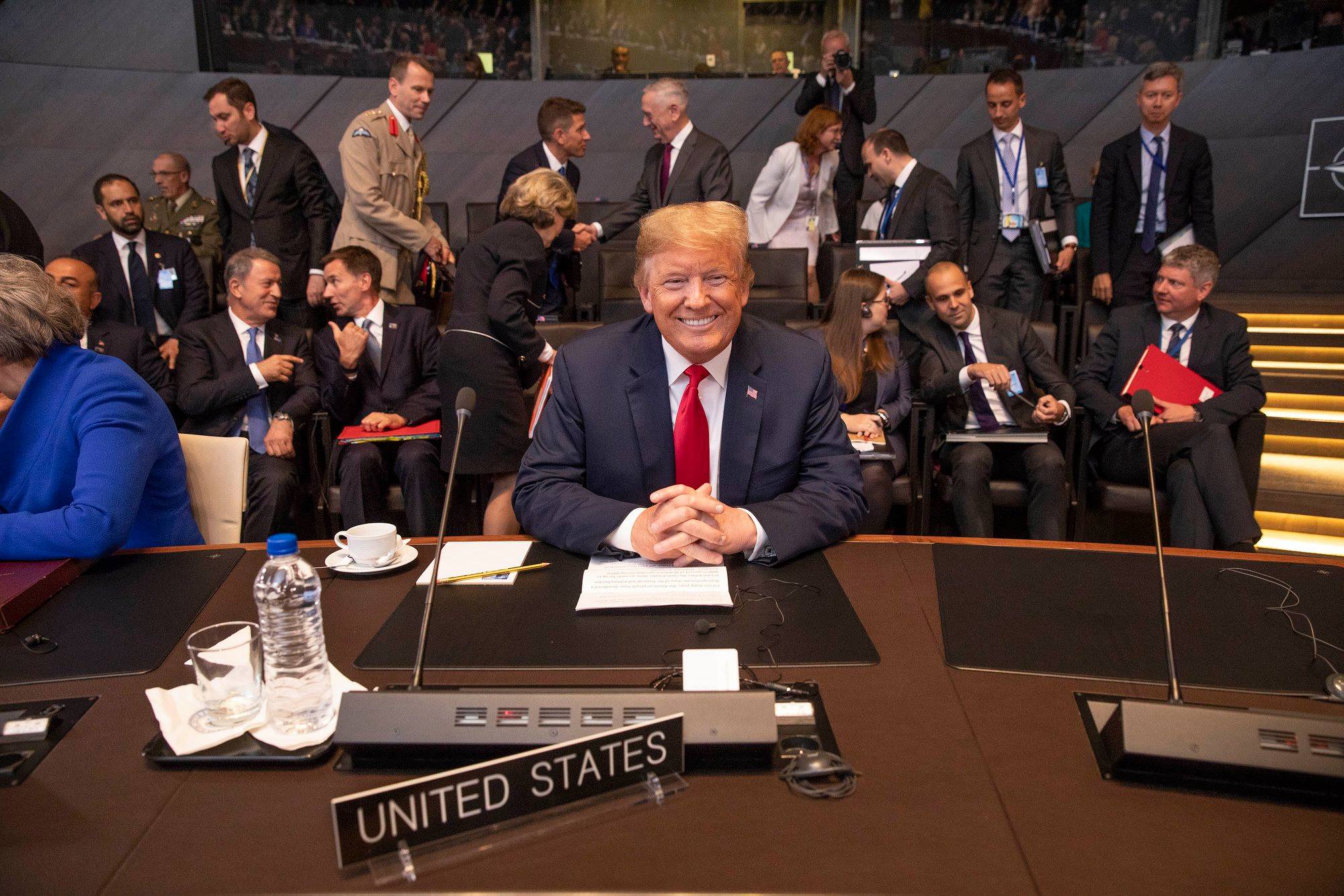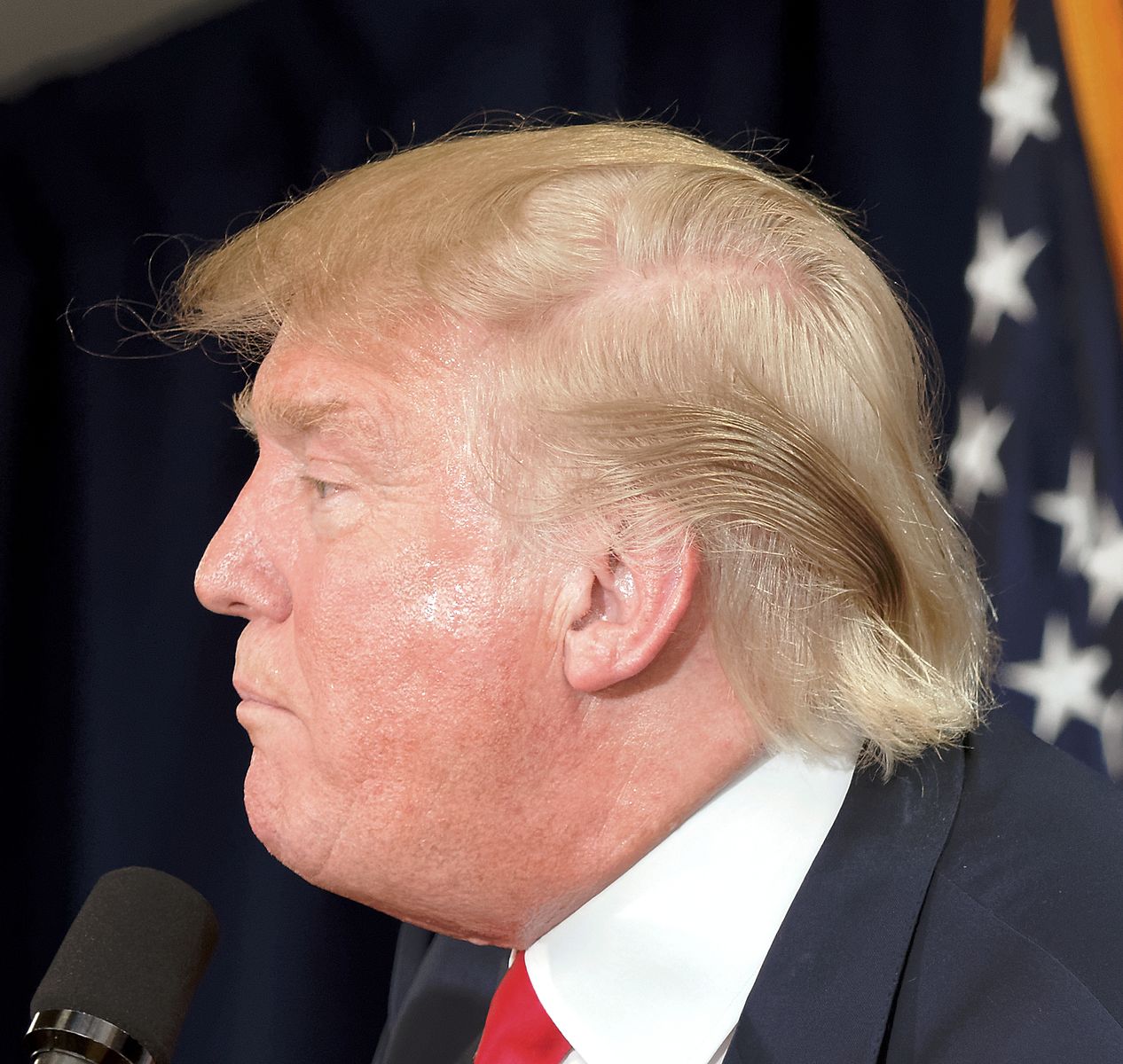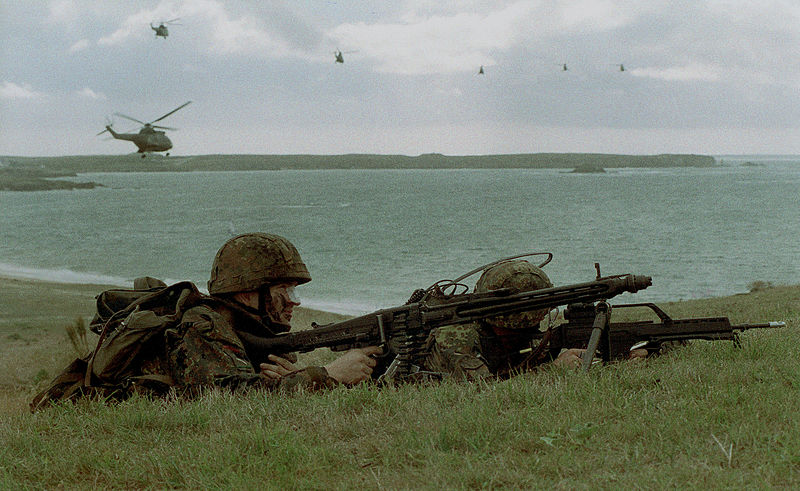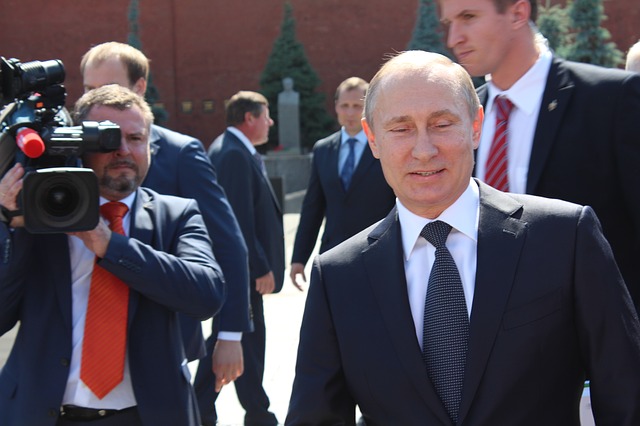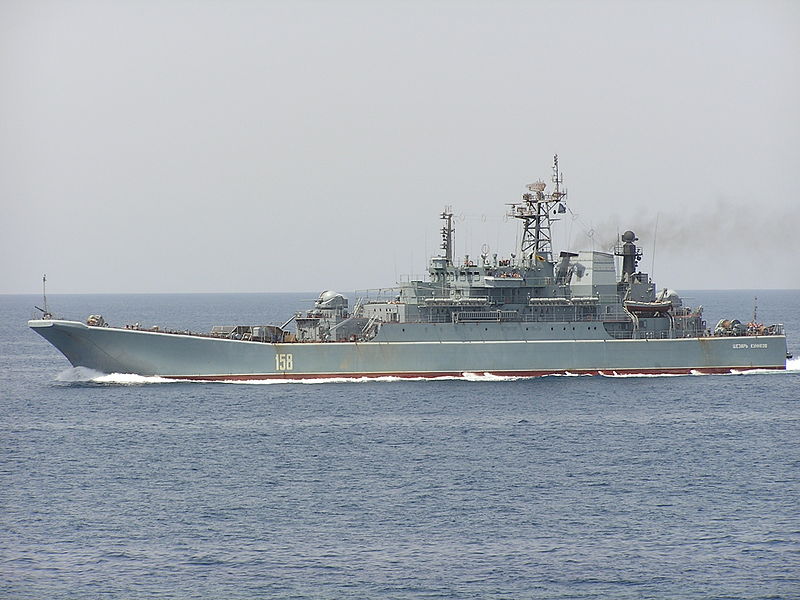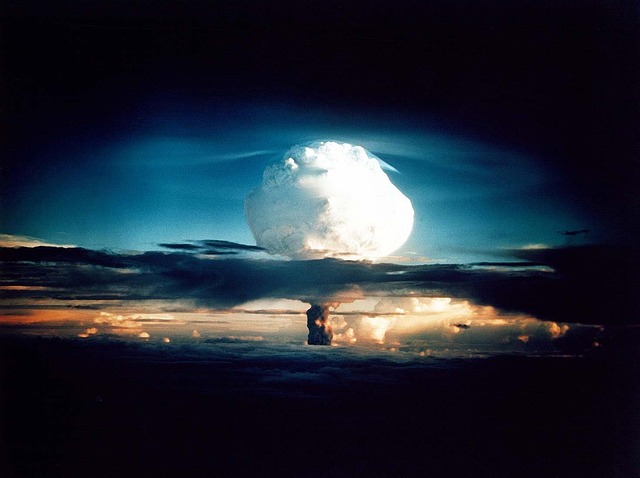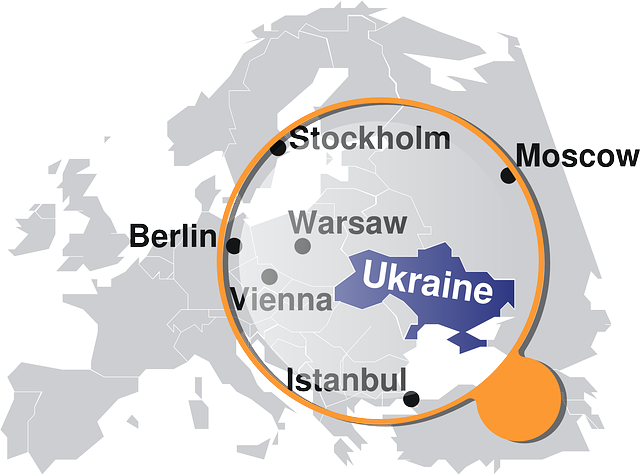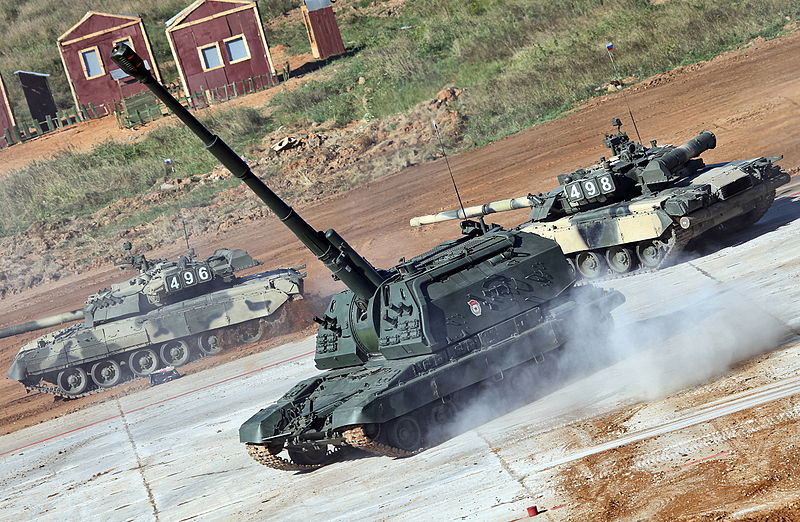NATO
Russia’s Black Sea Fleet Will Get 80 New Warships to Repel NATO
Russia will construct a second naval base on the Black Sea and reinforce its fleet with 80 warships to ward off what it sees as an increasing NATO presence in the waters around the recently annexed Crimean Peninsula, the head of the Russia’s Black Sea fleet said Tuesday. A new base in the city of Novorossiisk will be built be 2016, and by the end of the decade Russia’s Black Sea force will tally 206 ships, Admiral Alexander Vitko was quoted as saying by state news agency TASS. “With Crimea’s return to Russia, the relevance of this base has increased due to the fact that NATO ships are consistently present in the Black Sea,” Vitko told President Vladimir Putin, who visited the construction site of the new base in Novorossiisk on Tuesday.
Russian General Calls for Preemptive Nuclear Strike Doctrine Against NATO
A Russian general has called for Russia to revamp its military doctrine, last updated in 2010, to clearly identify the U.S. and its NATO allies as Moscow’s enemy number one and spell out the conditions under which Russia would launch a preemptive nuclear strike against the 28-member military alliance, Interfax reported Wednesday.
NATO Spokesperson Says ‘Unaware’ of NATO Officers in Ukraine’s Mariupol
NATO spokeswoman Oana Lungescu said Monday that she was unaware of possible presence of NATO officers in the southern Ukrainian city of Mariupol. “On this particular issue I can say that I’m not aware of any NATO officers in Mariupol,” she said. Earlier today, Donetsk People’s Republic representatives said that a group of six NATO officers has been blocked in the town of Mariupol in Donetsk region.
NATO planning rapid-deployment force of 10,000 troops to counter Russia
NATO is reportedly working towards the creation of an expeditionary force composed of 10,000 troops from seven different member states as a result of escalating tensions with Russia over the conflict in Ukraine. According to the Financial Times, the force’s creation will be spearheaded by Britain and involve contributions from Denmark, Latvia, Estonia, Lithuania, Norway, and the Netherlands. Canada is also interested in joining the group, but it’s not known what its final decision will be.
